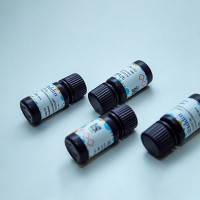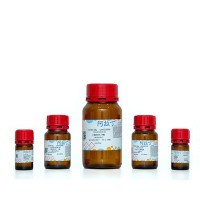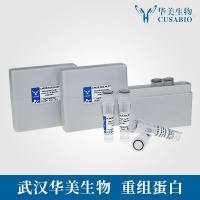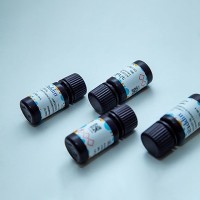Selection of Human Immunoglobulin Light Chains from a Phage-Display Library
互联网
1050
Asthma is associated with increased catalytic autoantibodies to vaso-active intestinal peptide (VIP), a bronchodilator and anti-inflammatory neuropeptide found in nerve endings supplying airway smooth muscle and epithelial structures (1 ). Asthmatic airways obtained at autopsy are deficient in VIP (2 ), raising the possibility that efficient catalytic hydrolysis of VIP by autoantibodies synthesized locally in the airways or derived by transudation from systemic circulation may be a pathogenetic factor in asthma. With the aim of investigating the possible cause-effect relationship between autoantibodies to VIP and asthma, we have cloned catalytic antibody light (L) chains from the immune repertoire of an exercise-induced asthma patient. We chose to work with the L chains for the following reasons. First, L chains retain the ability to recognize VIP and appear to turn over more rapidly than intact antibodies. Faster catalysis observed with L chains may arise from diminished affinity for the substrate ground state and a more flexible active site than the intact antibody-combining site. Second, Fv species from combinatorial libraries of heavy (H)- and L-chain-variable regions are not likely to reflect the composition of antibodies found in vivo, in that the probability of pairing of the natural H- and L-chain partners in these libraries is low (3 ). Third, free L chains are found in circulation in vivo (4 ). Glutathione levels are increased in the asthmatic airway (5 ). A reducing environment may lead to increased levels of L chains by cleavage of disulfide links. We anticipate that availability of recombinant human L chains that catalyze the hydrolysis of VIP will permit direct examination of their disease-causing potential, for example, by examination of airway abnormalities in transgenic mice overexpressing the L chains.






